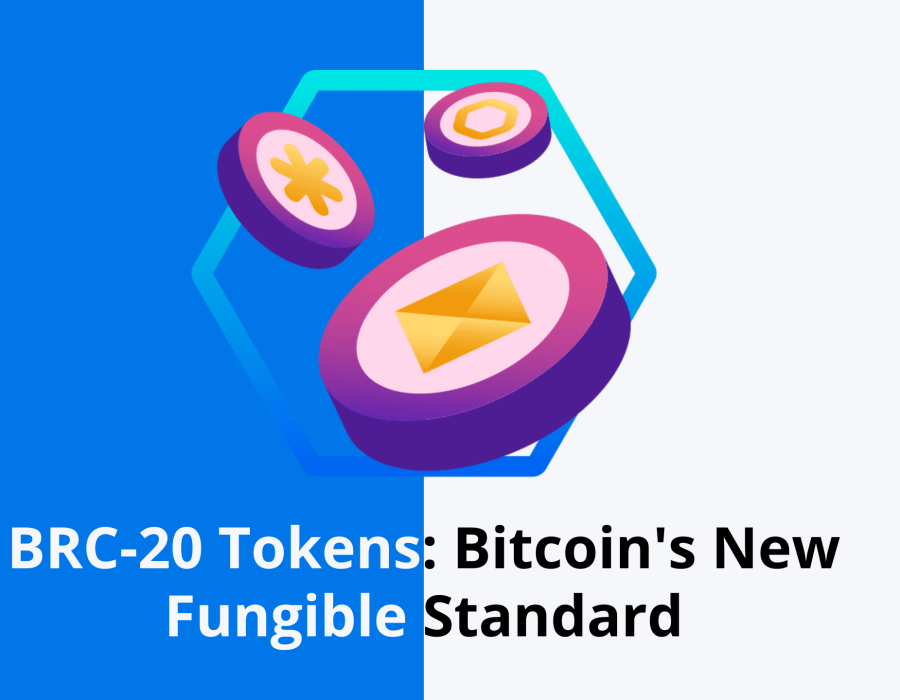Introduction
Introducing BRC-20 Tokens: Redefining fungible token standards on Bitcoin for global crypto exchange. Leveraging Bitcoin's infrastructure, BRC-20 tokens enable seamless trading and empower creators to mint and trade directly from Bitcoin wallets.
Utilizing Taproot's upgrade, they enhance transparency. Unlike ERC-20, BRC-20 lacks Ethereum's smart contracts but showcases Bitcoin's potential for token innovation.
What are BRC-20 Tokens?
RC-20 tokens are a fungible token standard on the Bitcoin blockchain, similar to Ethereum's ERC-20 tokens. They enable the creation and transfer of tokens within the Bitcoin network, leveraging its security and infrastructure for decentralized applications, digital assets, and BTC to INR conversions.
BRC-20 Tokens Explained
- Unlike traditional tokens stored on separate blockchains, BRC-20 tokens leverage the Bitcoin Taproot upgrade to inscribe their data directly onto the Bitcoin blockchain.
- Taproot introduced the witness feature, allowing associated data to be stored within a Bitcoin transaction.
- Using Ordinals and Inscriptions, the BRC-20 token standard functions as an experimental fungible token on the Bitcoin blockchain.
- It deploys, mints, and transfers tokens by encoding JSON data as Ordinals inscribed on the blockchain.
- The BRC-20 token standard, showcasing fungibility on Bitcoin through Ordinals, was unveiled on March 8, 2023, by Twitter user @domodata.
- Though borrowing its name from Ethereum's ERC-20, the BRC-20 token standard lacks the smart contract functionalities of the EVM standard.
What Can BRC-20 Tokens Do?
- Enable smooth trading between two tokens of identical type.
- Empower token creators to mint and trade BRC-20 tokens directly from a Bitcoin wallet.
Summary
In summary, BRC-20 tokens mark a pivotal stride in fungible token standards on the Bitcoin blockchain, facilitating seamless trading within a crypto exchange app. Leveraging Bitcoin's infrastructure, they empower creators to mint and trade directly from Bitcoin wallets, underscoring Bitcoin's evolving role in decentralized finance despite lacking Ethereum's smart contract functionalities.





Comments